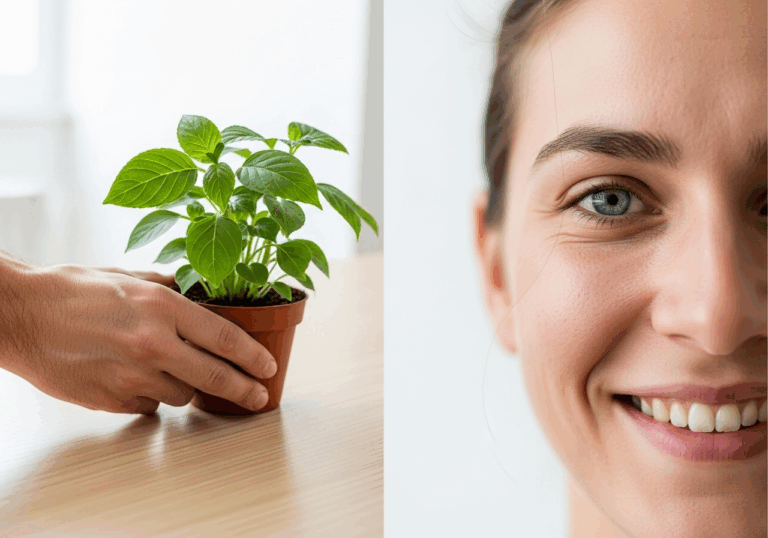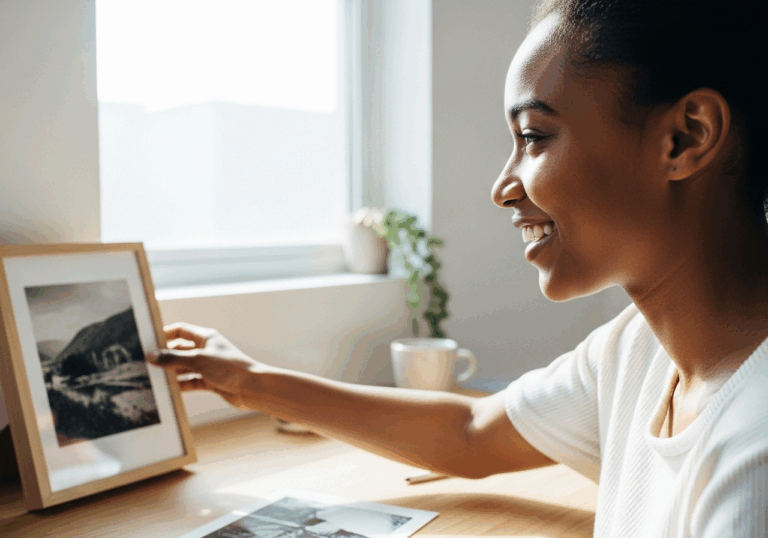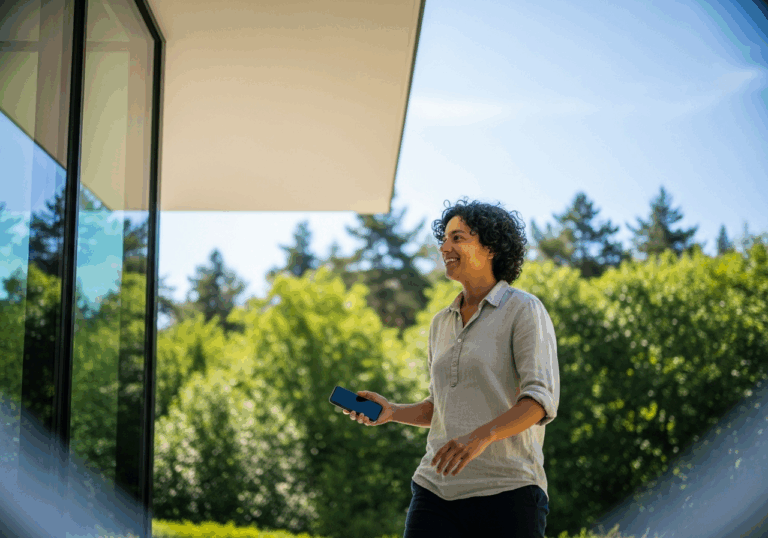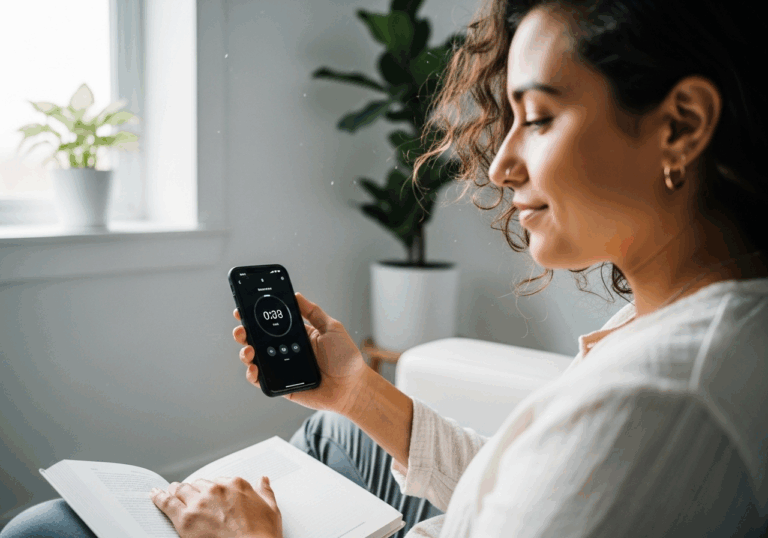Science-Backed Tips
Mindful Screen Time: Transform Your Digital Habits
Tracking screen usage can reduce anxiety by 30%.
📊 Did you know?
💡 Why It Matters
1️⃣
Awareness of screen time can lead to a 30% decrease in anxiety levels.
2️⃣
Improved mood and emotional balance can enhance overall quality of life.
3️⃣
Mindful usage patterns can foster healthier relationships with technology.
✅ Try These Micro-Tips
🎯
Track your screen time daily for at least 7 days.
🎯
Set specific limits on social media usage to 30 minutes per day.
🎯
Engage in a 20-minute digital detox each evening before bed.
🎯
Reflect on your mood before and after screen time to identify patterns.
📚 The study
This is crucial because awareness of our screen time habits can result in a staggering 30% decrease in anxiety levels.
By fostering mindful usage patterns, individuals can not only improve their mood but also cultivate healthier relationships with technology. The findings underscore the importance of habit tracking as a tool for achieving emotional balance in an era dominated by digital distractions.
As we navigate our daily lives, integrating mindful practices into our technology use can significantly elevate our quality of life, allowing us to enjoy the benefits of connectivity without the accompanying stress.
Embracing a digital detox may just be the key to reclaiming our mental health and fostering a more intentional relationship with our devices.
❓ Frequently Asked Questions ❓
Learn more
What is the impact of tracking screen time on mental health?
Tracking screen time has been linked to reduced anxiety and depressive symptoms. This awareness fosters more intentional use patterns, leading to improved overall well-being.
How much can awareness of screen time decrease anxiety levels?
Awareness of screen time can lead to a 30% decrease in anxiety levels. This reduction contributes to a more balanced emotional state.
What is a digital detox and how does it help?
A digital detox involves taking breaks from screens to improve mental health. Engaging in a 20-minute detox each evening can enhance mood and emotional balance.
How can I track my screen time effectively?
You can track your screen time daily for at least 7 days using apps or built-in device features. This practice helps you become more aware of your usage patterns.
What are the benefits of mindful usage patterns?
Mindful usage patterns can foster healthier relationships with technology. They also contribute to improved mood and emotional balance.
What limits should I set for social media usage?
Setting specific limits on social media usage to 30 minutes per day can help reduce anxiety and improve well-being. This intentional restriction encourages more mindful engagement.
How does self-monitoring affect emotional health?
Self-monitoring is linked to a 25% reduction in anxiety and depressive symptoms. It promotes awareness and encourages healthier behavior patterns.
Why is it important to reflect on my mood after screen time?
Reflecting on your mood before and after screen time helps identify patterns in emotional responses. This awareness can guide you in making more intentional choices about technology use.
What is the relationship between screen time and quality of life?
Improved mood and emotional balance from mindful screen time usage can enhance overall quality of life. Being intentional with technology fosters a healthier lifestyle.
How can I start improving my screen time habits?
Begin by tracking your screen time and setting specific limits for usage. Incorporating regular digital detoxes and reflecting on your mood can further enhance your well-being.





